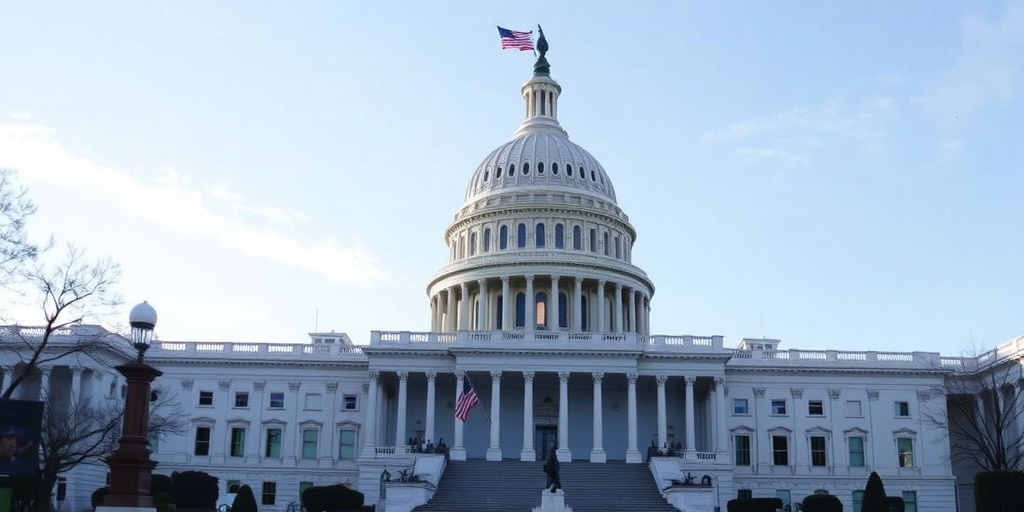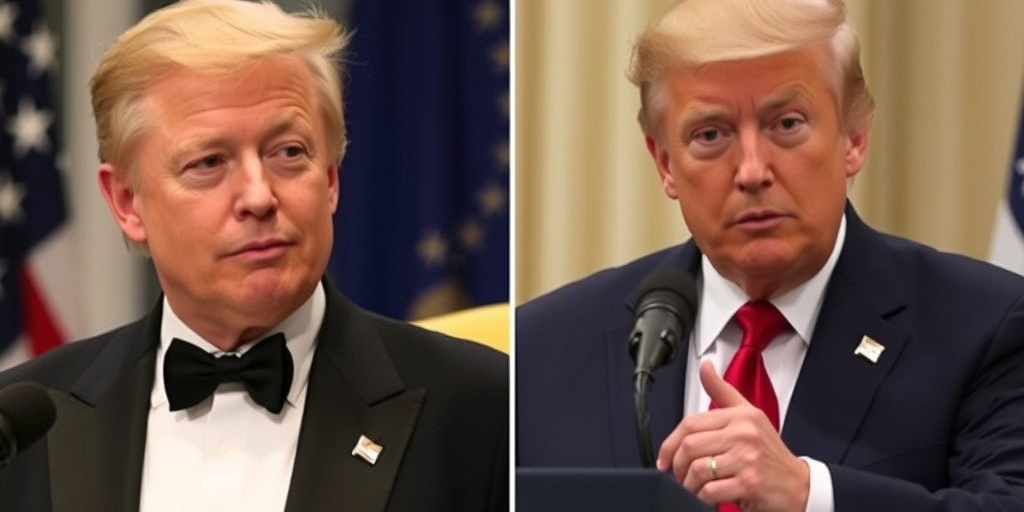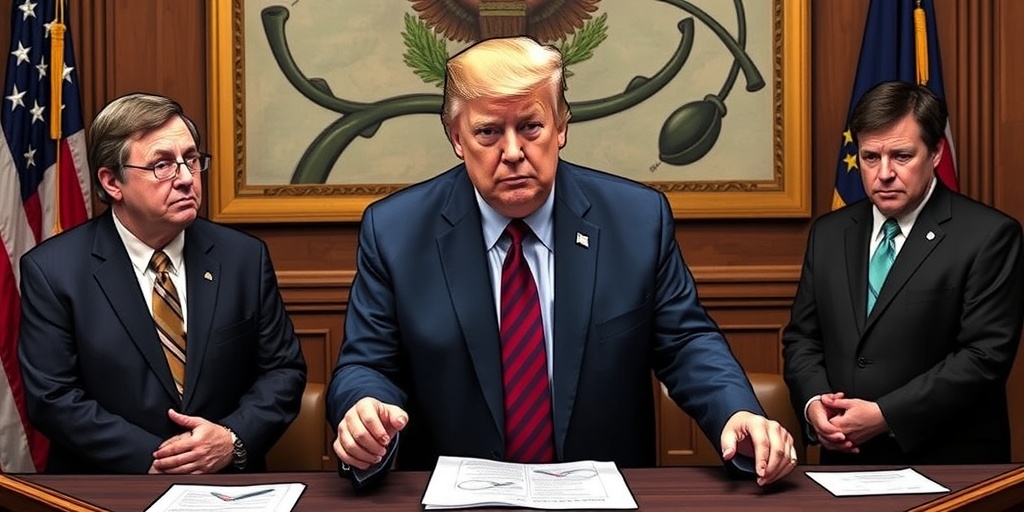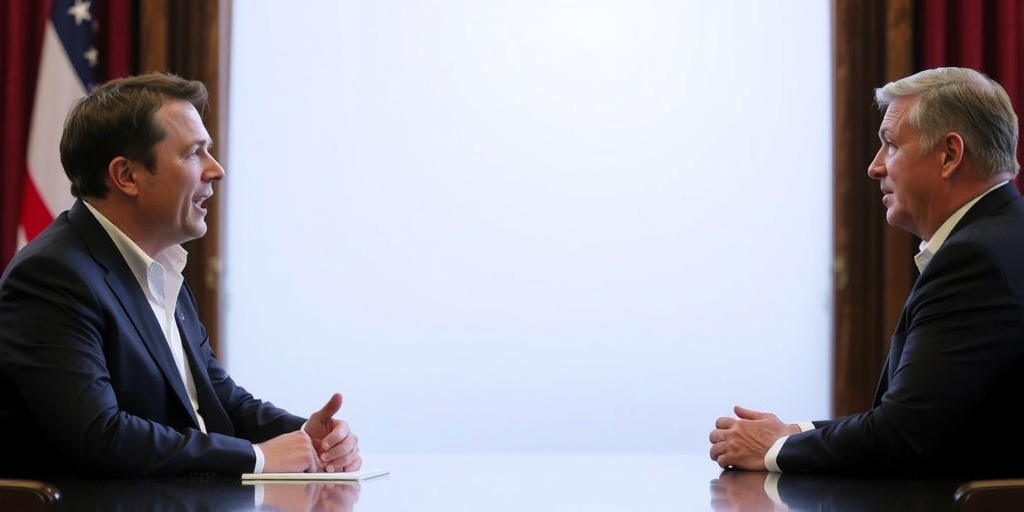Now Reading: House Republicans Introduce Spending Bill to Prevent Shutdown
-
01
House Republicans Introduce Spending Bill to Prevent Shutdown
House Republicans Introduce Spending Bill to Prevent Shutdown

House Republicans Propose Government Funding Bill Aiming to Avoid Shutdown
On Saturday, House Republicans introduced a funding measure intended to keep the government operational through September 30. This proposal, which increases military spending by $6 billion, strategically challenges Democrats to oppose it at the risk of being held responsible for a government shutdown slated to take effect after midnight on Friday.
The 99-page legislation is designed to create an overall reduction in spending compared to the previous fiscal year, while simultaneously bolstering funds for military initiatives—a decision influenced by Republican defense advocates who express concerns that stopgap funding measures could weaken Pentagon operations. A notable feature of the bill is its omission of earmark funds for local or state projects, estimated to save approximately $13 billion according to congressional aides.
An increase in funding is set for Immigration and Customs Enforcement (ICE), with an additional $485 million allocated while granting the Biden administration greater flexibility regarding its expenditure. Moreover, the bill includes a funding increase of around $500 million for the Women, Infants, and Children (WIC) program, which provides essential grocery assistance to millions of low-income women and children in the United States.
Despite the introduction of this funding legislation, its passage through the Republican-dominated Congress remains uncertain. Speaker Mike Johnson faces the challenge of navigating the bill through a narrow majority in the House, needing only a handful of votes to secure its approval if Democrats opt to oppose it in full unity. Following the potential approval by the House, the responsibility shifts to the Senate, raising questions regarding whether Democrats would attempt to filibuster the legislation, potentially instigating a government shutdown.
Historically, conservative factions within the House have resisted such spending bills in the past, necessitating cooperation from Democrats to avert government closure. However, former President Trump has rallied behind the Republican initiative, urging party members to unify in passing the bill. In a message shared on his social media platform, Trump stated, “Great things are coming for America, and I am asking you all to give us a few months to get us through to September so we can continue to put the Country’s ‘financial house’ in order.”
Leading Democrats swiftly expressed their staunch opposition to the proposed measure, contending it grants excessive discretion to the Trump administration while also benefiting wealthy individuals like Elon Musk, who is purported to champion significant reductions in federal program spending. Representative Rosa DeLauro, the top Democrat on the House Appropriations Committee, criticized the stopgap measure, branding it a “power grab for the White House” that undermines critical negotiations necessary for comprehensive annual funding bills aimed at supporting the middle class and national security.
In contrast, Senator Susan Collins, a Republican from Maine who chairs the Senate Appropriations Committee, articulated her inclination to support the legislation, albeit she preferred traditional individual spending bills. Collins emphasized the urgency of preventing a government shutdown scheduled for March 14 at midnight, asserting that such shutdowns represent a failure in effective governance with detrimental effects nationwide.
Amidst ongoing bipartisan discussions over the traditional spending bills, which would provide Congress with greater input on federal fund distribution, the timeline for negotiations proved untenable. Consequently, Speaker Johnson and administration officials determined that freezing funding for the year and moving forward with the proposals they could convince Republicans to endorse through predominantly party-line votes would be more beneficial for the White House.
Senator Patty Murray, the leading Democrat on the Senate Appropriations Committee, firmly voiced her stance that decisions on investments should rest with Congress rather than the Trump administration or private entities like Musk. Murray maintained that careful bipartisan deliberations are essential for determining funding for vital programs, affecting various sectors such as education, veteran affairs, family support, and healthcare.
Currently, the government has continued to operate under a series of stopgap measures, known as continuing resolutions, since October 1 due to the failure to ratify annual spending bills. This method is criticized for being inefficient, as it fails to adjust financial allocations based on changing circumstances. If passed, this would mark the first occasion the Pentagon operates under a year-long continuing resolution, a situation the Trump administration seeks to alleviate with added flexibility in military budget adjustments.
The circumstances surrounding this proposed funding legislation underscore the complex interplay between party politics, budgetary priorities, and the impacts of government operations on the American populace, setting the stage for intense negotiations and potential conflict in the days to come.
Stay Informed With the Latest & Most Important News
Previous Post
Next Post
-
 01New technology breakthrough has everyone talking right now
01New technology breakthrough has everyone talking right now -
 02Unbelievable life hack everyone needs to try today
02Unbelievable life hack everyone needs to try today -
 03Fascinating discovery found buried deep beneath the ocean
03Fascinating discovery found buried deep beneath the ocean -
 04Man invents genius device that solves everyday problems
04Man invents genius device that solves everyday problems -
 05Shocking discovery that changes what we know forever
05Shocking discovery that changes what we know forever -
 06Internet goes wild over celebrity’s unexpected fashion choice
06Internet goes wild over celebrity’s unexpected fashion choice -
 07Rare animal sighting stuns scientists and wildlife lovers
07Rare animal sighting stuns scientists and wildlife lovers





















